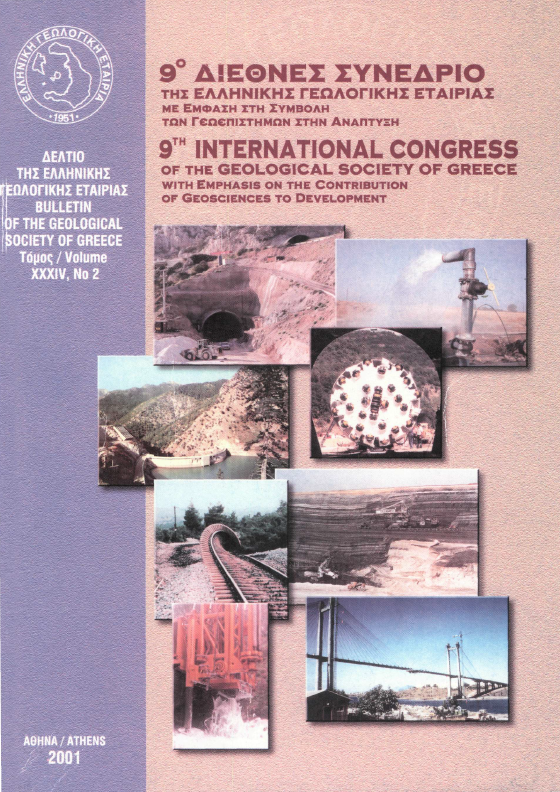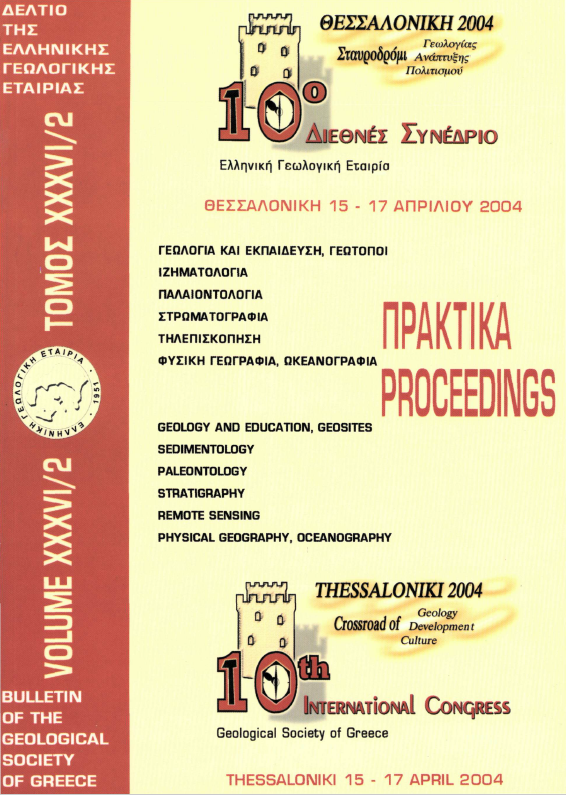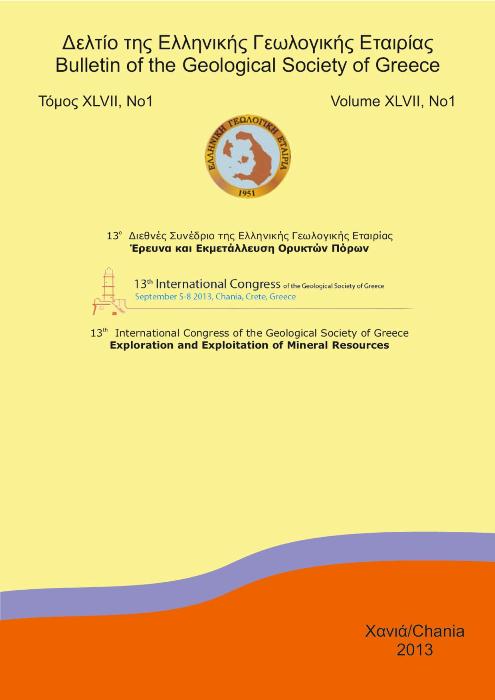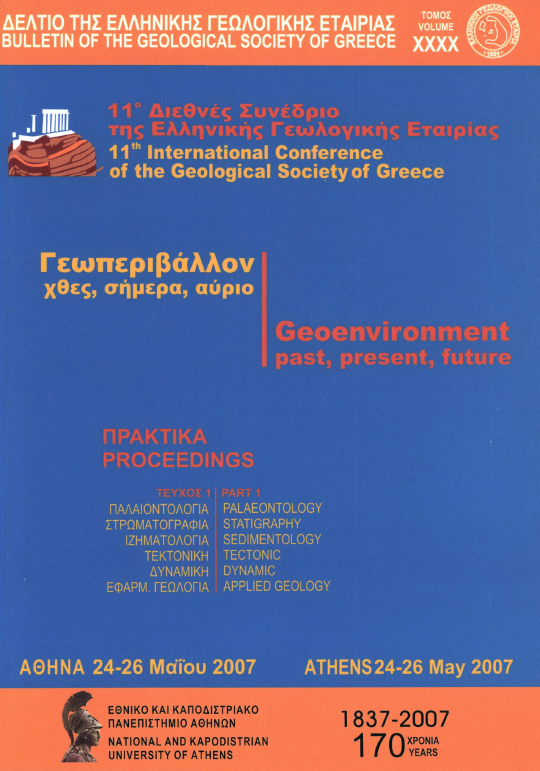Palaeoenvironmental significance of a late Miocene benthic foraminifera fauna from Apostoli Formation, Central West Crete, Greece
Résumé
The palaeoenvironmental and palaeoecological reconstruction of the Apostoli Basin (Crete, Rethymnon Region) during early Late Miocene by means of benthic foraminifers is given. Biologically important factors, such as oxygen and nutrient content of sea-water, played a great role in the evolution of the palaeoecosystem. A gradual deepening took place during the deposition of the Apostoli Formation. The sediments of the lower part of the formation document a shallow-marine environment with vegetation in the neighborhood. In the middle part of the formation sediments are characterized by intermediate oxygenated conditions, whereas the upper part of it is characterized by the establishment of a restricted envrironment, where organic matter accumulates and infaunal opportunistic species capable of surviving in stressed conditions dominate, being favoured by abundant nutrients.
Article Details
- Comment citer
-
DRINIA, H. (2018). Palaeoenvironmental significance of a late Miocene benthic foraminifera fauna from Apostoli Formation, Central West Crete, Greece. Bulletin of the Geological Society of Greece, 34(2), 627–634. https://doi.org/10.12681/bgsg.17113
- Rubrique
- Stratigraphy

Ce travail est disponible sous licence Creative Commons Attribution - Pas d’Utilisation Commerciale 4.0 International.
Authors who publish with this journal agree to the following terms:
Authors retain copyright and grant the journal right of first publication with the work simultaneously licensed under a Creative Commons Attribution Non-Commercial License that allows others to share the work with an acknowledgement of the work's authorship and initial publication in this journal.
Authors are able to enter into separate, additional contractual arrangements for the non-exclusive distribution of the journal's published version of the work (e.g. post it to an institutional repository or publish it in a book), with an acknowledgement of its initial publication in this journal. Authors are permitted and encouraged to post their work online (preferably in institutional repositories or on their website) prior to and during the submission process, as it can lead to productive exchanges, as well as earlier and greater citation of published work.







